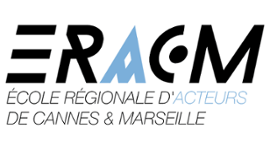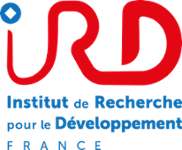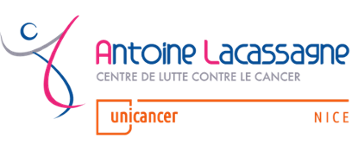MARRES Education
- The MARRES programs
-
The Learning experience: being a MARRES student
- The MARRES students
- The MARRES events
- Life on the Côte d'Azur
- The learning strategy
-
Alumni & Career: the life after MARRES
- The Lérins Biodiversité campaign
-
MARRES To The World: the student initiative
- Our games
- Our podcasts
- Our outreach events
- Naïa: the voice of the Ocean
-
Team & Partners
-
Join us

Assessing the effects of pollutants and pharmacological inhibitors on the regenerative capacity of the sea anemone Nematostella vectensis.
Institute for Research on Cancer and Aging, Nice (IRCAN)
Centre national de la recherche scientifique (CNRS)
Supervisor
Eric Rottinger, CNRS, IRCAN
Context
Aging is a multifactorial, physiological, irreversible and progressive process involving changes in the ability to maintain cellular functionality. This in turn affects regenerative capacities and functions of tissues and organs leading to cell loss, compromised tissue/organ homeostasis and age-related diseases. Interestingly, certain marine animals such as cnidarians (sea anemones, corals and “jellyfish) possess so-called whole body regenerative capacities and/or the ability to resists and adapt to very high cellular stress. Our multidisciplinary and integrative research developed with local, national and international academic collaborators aims to obtain a novel view of cnidarian regeneration, stress response and adaptation. The sea anemone Nematostella vectensis is an emerging research model for understanding the morphological, cellular and molecular mechanisms underlying whole body regeneration. In fact, this cnidarian (Anthozoa) is able to regenerate missing body parts within one week following dissection. Over the past years we have characterized in detail its regenerative capacity and used this information to screen in a sustainable way the effects of pharmacological inhibitors as well as environmental pollutants on the regenerative process of this sea anemone.
Objectives
The proposed immersive project takes advantage of the biological features of Nematostella (ex. regeneration within a week), our detailed information on the hallmarks of regeneration, builds on existing preliminary data and extends this screening effort to additional environmental pollutants. While the short-term goal of this project is to detect compounds that affect the regeneration process, the long-term goal is to understand at the molecular level how environmental pollutants affect living organisms.

Current status
Started Fall 2018.
Current student involved: Frida Cnossen
Previous students involved: Mathilde Dabrowski, Soline Malkas

















